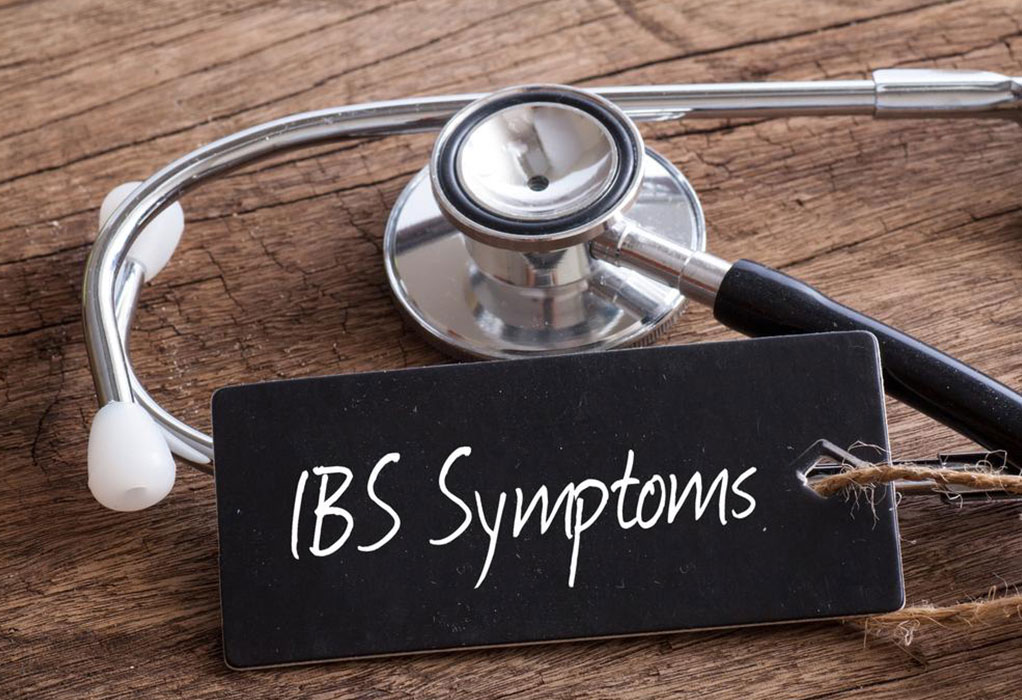Understanding the Root Causes of IBS: A Multifaceted Overview
This article explores the multifactorial causes of IBS, highlighting how irregular muscle contractions, heightened nerve sensitivity, psychological triggers, and lifestyle factors interact to cause symptoms. Understanding these elements can aid in better management and treatment.
Sponsored

Irritable bowel syndrome (IBS) is a prevalent digestive disorder characterized by symptoms such as abdominal pain, irregular bowel habits, and abnormal stool consistency. These symptoms typically persist for at least three days each month over three months. Often called spastic colon, IBS is non-life-threatening but can significantly disrupt daily life, sometimes confining individuals at home. It manifests as either diarrhea-predominant or constipation-predominant, with some experiencing alternating patterns.
Current research has not pinpointed the exact cause of IBS, but several factors are involved, including abnormal intestinal muscle contractions and psychological influences.
Irregular Intestinal Movements
Under normal conditions, intestinal muscles relax and contract harmoniously to propel food through the digestive tract. In IBS sufferers, unpredictable muscle activity causes symptoms: stronger contractions lead to bloating and diarrhea, while weaker ones slow movement, resulting in hard stools. Disrupted gut-brain signaling often triggers these irregularities, with stress and digestion exacerbating muscle spasms.
Enhanced Gut Sensitivity
Individuals with IBS frequently have hyper-responsive gastrointestinal nerves, intensifying discomfort during stool passage. Differing brain responses to pain further intensify these sensations.
Triggers and Contributing Factors
Various elements can provoke IBS episodes, such as specific foods (e.g., spicy, fatty foods, dairy, beans), alcohol, hormonal fluctuations, stress, infections, and changes in gut bacteria. Genetic predisposition and hormonal variations, especially in women, also influence susceptibility.
Role of Psychological Health
Conditions like depression, anxiety, and stress are commonly associated with IBS. Psychological stress can heighten gut sensitivity, increase muscle spasms, and suppress immune responses, worsening symptoms. Recognizing and managing stress through techniques like meditation or yoga may help individuals reduce their IBS triggers and improve quality of life.






